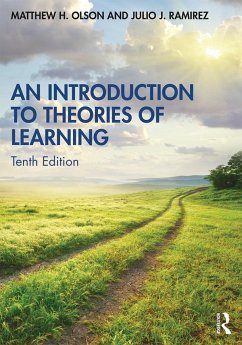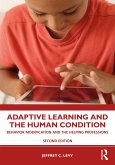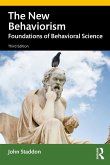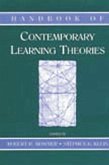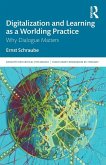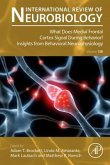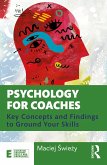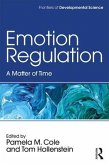Since its first edition, An Introduction to Theories of Learning has provided a uniquely sweeping review of the major learning theories from the 20th century that profoundly influenced the field of psychology. In this tenth edition, the authors present further experimental evidence that tests many of the fundamental ideas presented in these classic theories, as well as explore many of the advances in psychological science and neuroscience that have yielded greater insight into the processes that underlie learning in human beings and animals.
The four main goals of this text are to define learning and to show how the learning process is studied (Chapters 1 and 2), to place learning theory in historical perspective (Chapter 3), and to present essential features of the major theories of learning with implications for educational practices (Chapters 4 through 16). The authors retained the best features of earlier editions while making revisions that reflect current research and scholarship, including coverage of active learning and the testing effect, information for problem solving in ravens, data illustrating the neurobiological basis of the cognitive map and spatial learning, new research on brain plasticity and its role in learning as well as the impact of poverty on brain and cognitive development, and new evidence that challenges the notion of learning styles.
Complete with chapter summaries, discussion questions, and a glossary, this text is essential reading for theories of learning and applied cognitive psychology courses.
See "Support Material" below for new online resources. Instructor resources include PowerPoint slides and a testbank containing over 500 questions (in both Microsoft Word and GIFT file formats). Student resources include chapter summaries, discussion questions, and a glossary of key terms.
The four main goals of this text are to define learning and to show how the learning process is studied (Chapters 1 and 2), to place learning theory in historical perspective (Chapter 3), and to present essential features of the major theories of learning with implications for educational practices (Chapters 4 through 16). The authors retained the best features of earlier editions while making revisions that reflect current research and scholarship, including coverage of active learning and the testing effect, information for problem solving in ravens, data illustrating the neurobiological basis of the cognitive map and spatial learning, new research on brain plasticity and its role in learning as well as the impact of poverty on brain and cognitive development, and new evidence that challenges the notion of learning styles.
Complete with chapter summaries, discussion questions, and a glossary, this text is essential reading for theories of learning and applied cognitive psychology courses.
See "Support Material" below for new online resources. Instructor resources include PowerPoint slides and a testbank containing over 500 questions (in both Microsoft Word and GIFT file formats). Student resources include chapter summaries, discussion questions, and a glossary of key terms.
"An essential resource for all those who seek to understand more about the nature of learning, An Introduction to Theories of Learning provides the reader with a wealth of information about this vital characteristic of nervous systems: to change based on experience. Examining the contributions of such historic figures as Darwin, Thorndike, Piaget, Hebb and many others, no other text achieves what this text does: inform the student of behavior through the stories of those who have come before, and those working now in this field. Clearly written and well-structured with chapter outlines, summaries and thought questions, this is a natural text for adoption in psychology and education curricula." - Eric P Wiertelak, Macalester College, USA
"An essential resource for all those who seek to understand more about the nature of learning, An Introduction to Theories of Learning provides the reader with a wealth of information about this vital characteristic of nervous systems: to change based on experience. Examining the contributions of such historic figures as Darwin, Thorndike, Piaget, Hebb and many others, no other text achieves what this text does: inform the student of behavior through the stories of those who have come before, and those working now in this field. Clearly written and well-structured with chapter outlines, summaries and thought questions, this is a natural text for adoption in psychology and education curricula." - Eric P Wiertelak, Macalester College, USA

